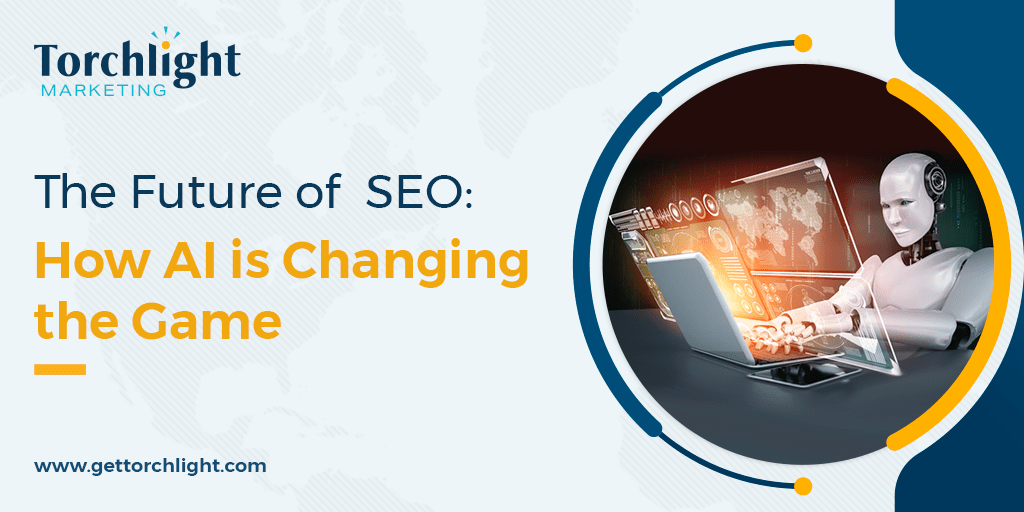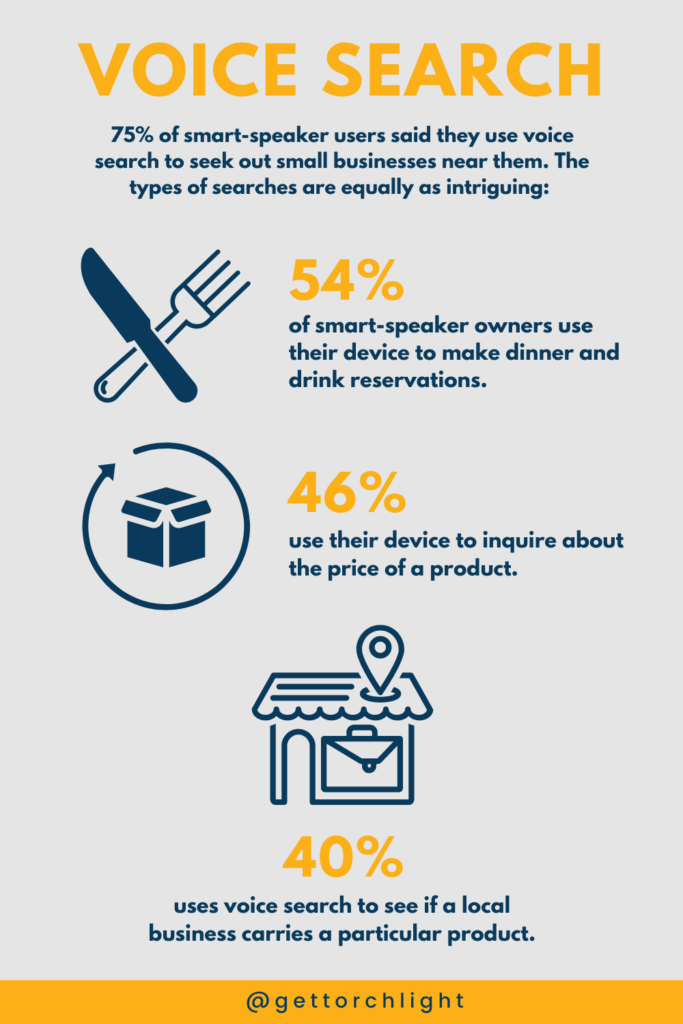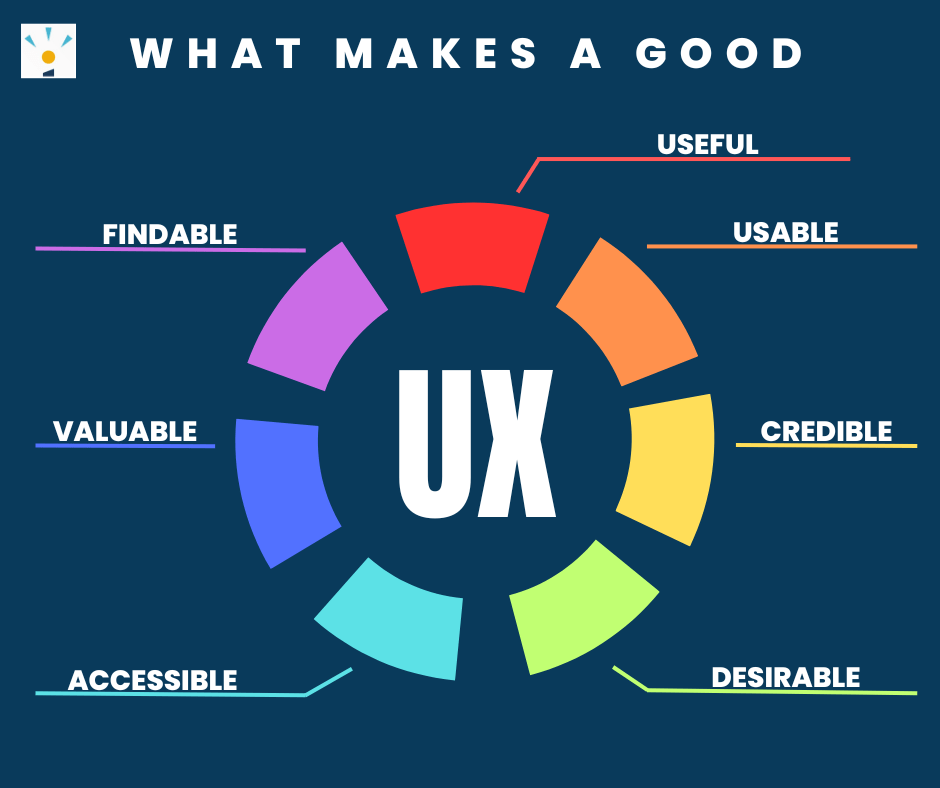Imagine a bustling marketplace where vendors compete for attention, each vying to display their products in the most enticing way possible. In the digital marketing industry, search engine optimization (SEO) plays a similar role, aiming to secure a prime spot on the search engine results pages (SERPs).
Over the years, SEO has evolved alongside the internet and search engines, constantly adapting to new technologies and techniques. In this dynamic landscape, the emergence of artificial intelligence (AI) is like a skilled navigator, reshaping the rules of the game. AI is revolutionizing how search engines analyze and rank websites, bringing personalization, voice search, content optimization, and predictive analytics into the equation. This is not another article on ChatGPT, or how to use AI to write your blog. This is a focus on how search engines are getting smarter and will use AI to compete for relevance and create a better user experience.
To stay relevant, businesses must embrace these changes and adapt their SEO strategies accordingly. However, as we explore the transformative power of AI in SEO, it’s crucial to consider both the opportunities it presents and the potential challenges that warrant our attention.
SEO Recap
Now, if you’ve been following our blogs for some time now, you’ll remember that we laid out all of the details of SEO in our SEO blog series, but in case you missed those, we’ll start with a quick recap.
SEO is the process of optimizing a website’s content and structure to rank higher on search engine results pages (SERPs) for specific keywords. The goal of SEO is to increase the visibility of a website, drive more traffic to it, and ultimately, generate more leads and sales.
SEO has been an important part of digital marketing for many years. However, as the internet and search engines evolve, so too does SEO. In recent years, AI has emerged as a key player in the SEO landscape.
How AI is changing the game of SEO
AI is transforming the way search engines analyze and rank websites. The algorithms used by search engines are becoming more sophisticated, allowing them to better understand user intent and deliver more relevant search results. Here are some of the ways AI is changing the game of SEO:
- Personalization:
One of the most significant impacts of AI on SEO is personalization. AI-powered search engines can analyze a user’s search history and behavior to deliver personalized search results like never before. Search results have varied in the past by user, their location, and their search history – but now AI has given search engines the ability to think geometrically.
- Voice Search:
Voice search faded about the same time people stopped wearing masks, it lost its luster since the ability of these virtual assistants were so simplistic. With AI you can expect a second wave as voice assistants like Siri and Alexa become AI-powered. They will understand natural language and deliver search results and deeper levels of understanding that are tailored to the user’s query. As a business owner, you need to optimize your content for voice search if you want to stay in the game.
Additionally, advertising has even started to make its appearance on voice search products. This creates a unique environment of potentially new advertising platforms for both businesses and consumers.
- Content Optimization:
AI is also changing the way businesses optimize their content for search engines. AI-powered tools can analyze the content on a website and provide recommendations for how to optimize it for specific keywords. This means that small businesses can save time and resources by using AI to streamline their initial SEO efforts.
- Predictive Analytics:
AI-powered predictive analytics can help businesses anticipate changes in search engine algorithms and adjust their SEO strategies accordingly. By analyzing search trends and user behavior, businesses can predict which keywords and topics will be popular in the future and create content that aligns with these trends.
How to Adapt
In almost any market or industry, you must be willing to adapt to the newly emerging changes that happen day-to-day. Now that we’ve explored how AI is changing the game of SEO, let’s look at how you can adapt to these changes:
- Focus on User Experience:
As search engines become more sophisticated, they are placing greater emphasis on user experience. This means that businesses need to focus on creating high-quality, engaging content that meets the needs of their target audience. By providing a positive user experience, businesses can improve their search engine rankings and drive more traffic to their website.
- Optimize for Voice Search:
We’ve been saying this for years, but voice search is still becoming a key part of the search landscape and businesses need to optimize their content accordingly. To optimize for voice search, you should focus on long-tail keywordsLong-tail keywords are specific and highly targeted keyword phrases that typically consist of three or more words. They are more specific than general keywords and often have lower search volumes but higher conversion rates. Emergency plumber in city, Residential plumbing services near me, 24-hour plumbing repair in city and natural language queries. You should also ensure that your website is mobile-friendly and easy to navigate.
- Use AI-powered Tools:
To stay ahead of the curve, consider using AI-powered tools to streamline your SEO efforts. These tools can help with content optimization, keyword research, and predictive analytics, allowing businesses to focus on creating high-quality content that resonates with their target audience.
- Stay Up-to-Date:
Finally, businesses need to stay up-to-date with the latest trends and developments in the SEO landscape. Monitor changes in search engine algorithms, pay attention to user behavior and adjust your SEO strategies to stay ahead of the curve.
Subscribe to newsletters and check sites like Search Engine Land and Social Media Today consistently to stay informed about the newest changes.
Negative Side Effects of AI
Now this wouldn’t be a well-rounded, informative, Torchlight blog post unless we gave you the whole scoop– and that includes the possible downsides of AI advancements.
One of the most prominent concerns is the displacement of jobs. As AI technology becomes more advanced, many tasks that were previously performed by humans could be automated, leading to job losses and unemployment. This could have a significant impact on the economy and society as a whole.
Without a doubt, marketers will use AI to produce content faster and cheaper. If all this content is coming from the same pool of knowledge, this surge of new content could drown out articles that share unique thoughts and innovation.
Finally, there are concerns about the impact of AI on privacy and security. As AI becomes more pervasive in our daily lives, it will increasingly collect and analyze vast amounts of data about individuals. This data could be used to target individuals with personalized advertising or even manipulate behavior. Additionally, there is a risk that AI systems could be hacked or compromised, leading to the exposure of sensitive personal information.
Takeaway
AI is beyond a game changer, it is disruptive, especially when it comes to SEO, and businesses must adapt to stay ahead of the curve. By focusing on creating high-quality, personalized content, optimizing for voice search and NLP, and optimizing their visual content for search, businesses can stay competitive in the ever-changing landscape of SEO.
While it is true that AI comes with some negative side effects, its overall benefits cannot be overlooked. AI has the potential to revolutionize various industries, making processes more efficient, improving productivity, and enhancing decision-making.
If you have any questions about AI or SEO, contact us on our website or give us a call at (805) 481-0118.




